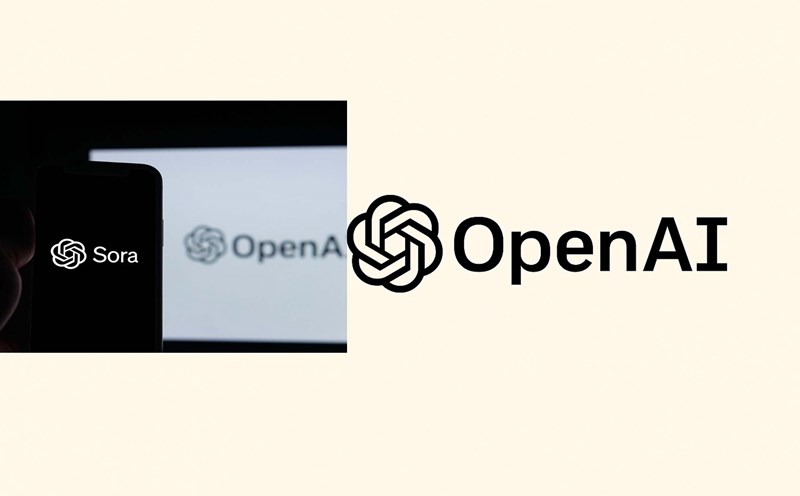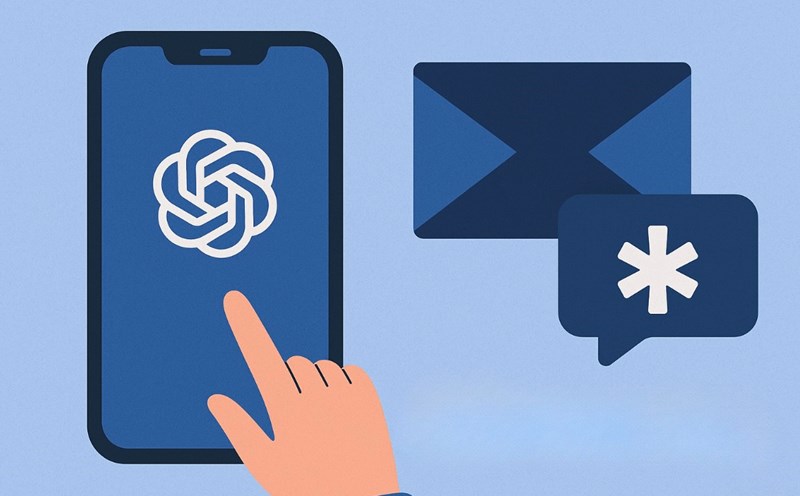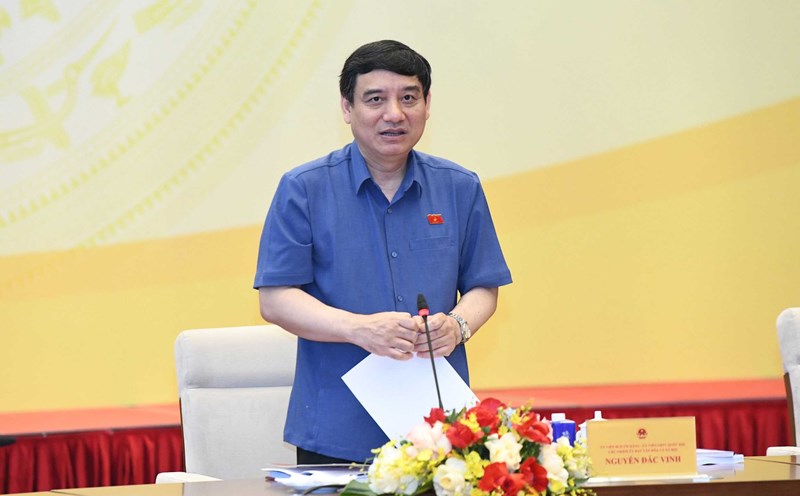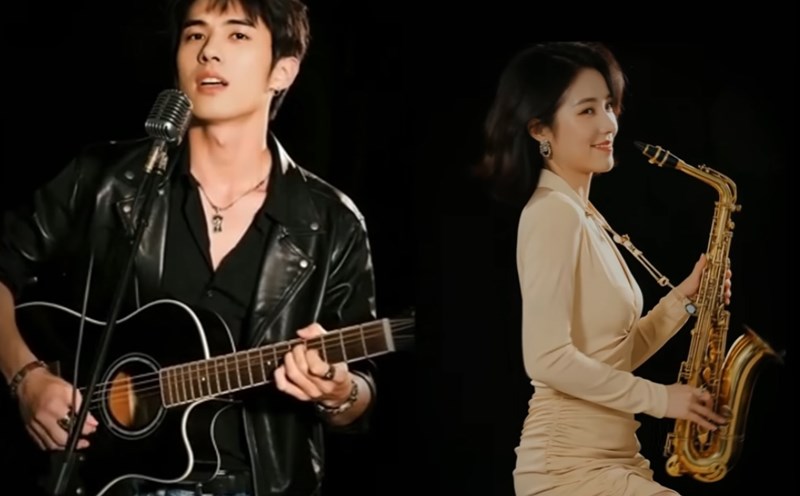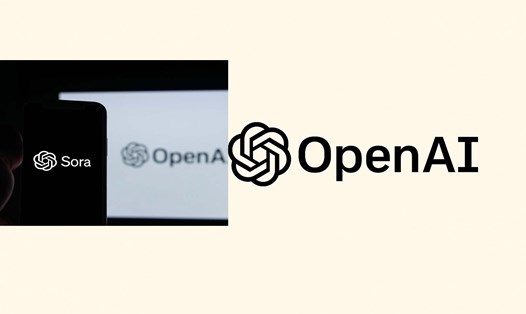OpenAI has just experienced a surprising challenge when launching a new AI video application called Sora. This app allows creating 10-second videos with audio for almost any topic, including portraits of users or licensed celebrities.
Initially, the company applied a policy of denying copyright owners, requiring media companies to clearly state that they did not want their characters to appear on Sora.
However, after only a few days, videos such as Extreme SpongeBob, Criminal Pikachu orick and Morty philosophy appeared everywhere, forcing CEO Sam altman to announce policy changes, giving copyright owners more control.
altman admitted that he did not expect a strong reaction from the community.
"I think the theory of people's feelings and reality shows much more diverse reactions than expected," altman said.
Many copyright owners are excited about the app but want to control how their content is used.
This led to OpenAI adding text instructions, allowing users to specify how their videos are used, such as "not putting me in videos with political comments" or "not letting me speak this word".
In addition, OpenAI is also improving the blur of downloaded videos to reduce the risk of misinformation, although altman admits that many have tried to remove this blur.
The Sora app quickly became popular, topping the list of free apps on the App Store, surpassing ChatGPT in terms of application speed.
altman sees initial obstacles as learning opportunities, noting that society needs to adapt to AI-generated surreal videos that can be spread easily.
Sora 2 will be released as API, allowing developers to access similar AI models to create their own videos, which are theoretically not blurred. This raises concerns about content control and privacy protection.
While altman insists OpenAI is cautiously implementing, he also admits that making a profit from Sora is not currently a top priority, the company is focusing on investing heavily.
OpenAI President Greg Brockman said that Sora's adoption speed reflects the growing demand for AI computing capabilities.
OpenAI is expanding its infrastructure through Stargate, a joint venture with softBank and Oracle, and a partnership with AMD to hold a 10% stake in chip manufacturing, to ensure the ability to provide large-scale AI services.
Despite controversy over copyright, blurred vision, and misinformation risks, OpenAI has made rapid progress, showing the strong influence and appeal of AI-generated surreal video tools in today's digital life.

